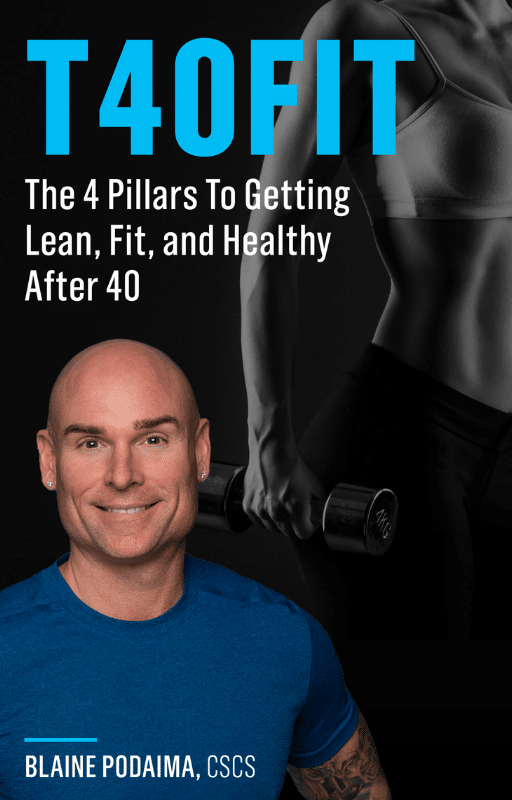According to new research from The University of North Carolina, Charlotte (UNCC) and Rice University, overweight men are just as likely as to face discrimination as women who are overweight, when shopping or applying for jobs. Being discriminated against due to body type is not an issue that only affects women, even though that may be a common belief.
According to Dr. Enrica Ruggs, an assistant professor at UNCC, the research conducted was intended to look at biases towards overweight men, particularly in employment settings and retail settings. According to Ruggs, most of the research in the past on body type discrimination has been performed with women subjects, so they wanted to see if the same discriminations applied to overweight men. Dr. Ruggs and her mentor, Mikki Hebl, conducted two studies for this project.
The first study sent non-overweight men out to various retail stores in the southern part of the United States, to apply for jobs. These same men were then sent to a different set of stores, again seeking employment, only this time wearing prosthetics to make them appear overweight. These same men also performed the normal weight and overweight appearances at retail stores, only this time posing as customers. The men were all given very specific scripts to follow during their field trials.
According to the researchers, when the men were applying for jobs or shopping in their overweight disguises, they experienced more discrimination than when they went without these prosthetics. This was referred to as interpersonal discrimination, or more subtle discrimination. While there was no illegal discrimination, men noted that the employees were less friendly, and exhibited more avoidance behavior. This means, less smiling, and more trying to get out of the conversation faster.
The men were told to use a scale of 0-6 to describe the amount of discrimination they experienced, with one being no discrimination whatsoever, and six being extreme discrimination. In addition the men themselves, reporters were also sent into the stores alongside the men, pretending to shop, yet listening and observing in the background.
Both the men and the observers reported an average of a 2.3 discrimination when they appeared heavy, vs. a 2.0 discrimination when they were not wearing the heavy suits. This may not seem like a huge deal, but it a statistically significant number, and clearly shows a bias against overweight men, even if it was a subtle, unintentional bias.
The second study used in this paper flipped the roles – researchers wanted to know if overweight employees would be discriminated against by customers. To do this, they created five marketing videos for various products, products such as luggage and coffee mugs, which would generally be considered neutral and suitable for most consumers. The actors portrayed in these marketing videos were men and women, both overweight and healthy weight.
Participants were shown the various marketing videos, and asked to rate the company, employees, and product after viewing. During the study, participants who viewed the heavy employee videos generally reported more negative thoughts and stereotypes about the heavy employee. They said that the heavier employees seemed less professional due to their appearance; not as neat and clean as the non-overweight employees.
Dr. Ruggs concluded that this could indicate a serious problem moving forward, one without a clear solution. Because the discrimination was generally subtle, those who were exhibiting discriminatory behaviors may not have even been aware they were doing it. Ruggs believe this is because our culture is rarely shown positive examples of heavier individuals being good employees. Generally, marketing from various companies and brands showcases employees at a healthier bodyweight, perhaps thinking they will appear more attractive. This may cause a subtle discrimination towards those who are heavier.
Ruggs believes the cure for this is a conscious effort to change the image around heavier employees, through changing the marketing companies use, and showcasing heavier employees more often. She also suggested that companies could actively train employees to be aware of their sub-conscious discrimination, through making sure employees are aware that their actions could cause the company to lose customers.
Honest review of Nugenix. Find out information on side effects & complaints. Nugenix price, ingredients and user reviews.


